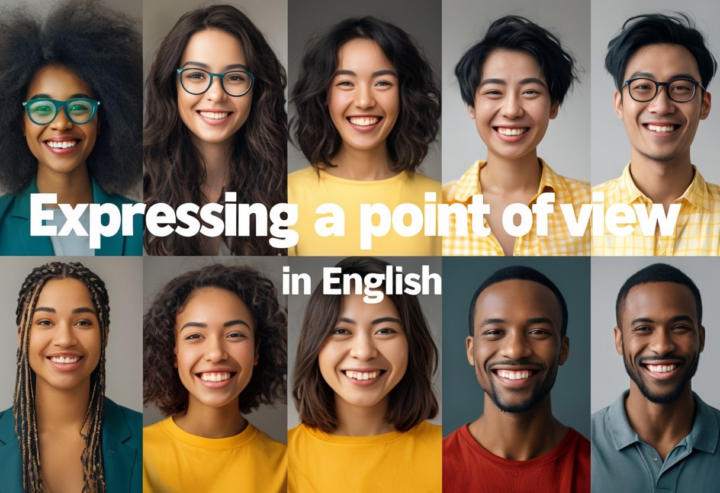Asking Leads to Understanding
One method to efficiently bridge socio-cultural communication in English, is to ask goal-oriented questions. Asking questions can enhance your language skill level by creating opportunities to connect with multicultural audiences in English.
Content
Examples of questions to start a conversation
Deepening connections with individuals, or groups of individuals in English, through thoughtful questions, can increase opportunities to problem-solve collaboratively. Questions can also lead to deeper, more positive working relationships in the field of nutrition.
Asking clarifying questions
By asking clarifying questions, you’re breaking down a barrier, and inviting the participant to teach you about their culture, and traditions. Guiding the conversation through goal-oriented questions creates a more personalized experience, and fosters a trusting environment. Using English, questions can demonstrate a genuine curiosity, and lead to a deeper, more meaningful conversation.
Examples of questions to start a conversation
Here are some examples of questions to start a conversation;
- ‘Who cooks in your family?’
- ‘How often do family members go to the supermarket?’
- ‘Before going to the supermarket, do you make a weekly meal plan?’
- ‘During the week, how often are the same meals repeated?”
These examples of guided questions give a glimpse into an individual’s cultural traditions, family dynamics, and gender roles. To avoid language that assumes gender roles, structure questions in English with actions first, followed by gender- neutral pronouns, used only when necessary. Structuring questions to avoid biases can alleviate unintentional misunderstandings.
Professional Relationships
Asking questions does not diminish your professional integrity. As highly-skilled professionals in the field of nutrition, it’s necessary to build a trusting relationship with diverse audiences in a multicultural society. Questions can lead to conversations that bridge socio-cultural communication in English. Questions structured with intentionality, can build positive, and collaborative, professional relationships.




